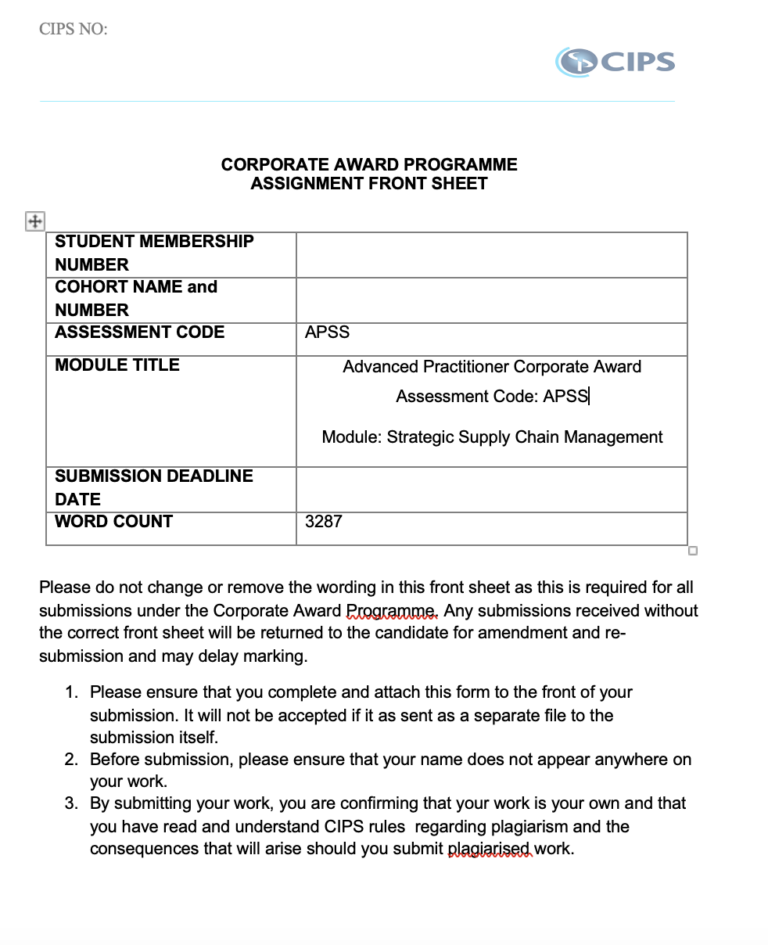Description
Solution
Unethical Behavior in the Workplace
An example of unethical behavior could involve favoritism in recruitment. A hiring manager might deliberately favor a friend or relative for a position despite other candidates being better qualified. This not only breaches fairness but also undermines merit-based hiring (MSPB, 2024). It violates the ethical principle of fairness and impartiality in the recruitment process. Such actions could lead to resentment among employees and lower morale, as the decision is driven by personal interests rather than the organization’s best interests.
If I observed this unethical behavior, I would first gather concrete evidence, such as emails or records of interviews, to support my concern. I would raise the matter to my line manager through a confidential meeting, following the organization’s whistleblowing policy. This approach ensures that the issue is addressed appropriately while protecting my identity. If the manager fails to act, I would escalate the concern to the HR department or another relevant authority, ensuring that my actions align with the organization’s code of ethics.
Contravention of UK Legislation
An example of contravening UK legislation is failing to provide employees with the minimum wage as mandated by the National Minimum Wage Act 1998 (GOV.UK, 2024). Suppose I discover that certain employees are being paid below the minimum wage, which directly violates the law. This issue could lead to legal repercussions for the organisation and cause significant hardship for the affected employees.
In such a case, I would address the issue by first reviewing payroll records and documenting any discrepancies to ensure clarity. I would then approach my manager and explain how this violates the National Minimum Wage Act. If the issue is not resolved promptly, I would escalate it to HR or the legal department, following the company’s grievance procedure. Should internal mechanisms fail, I would report the matter to external authorities like the Advisory, Conciliation and Arbitration Service (ACAS), ensuring full compliance with legal obligations (ACAS, 2023).
Please click the following icon to access this assessment in full
Related Papers
Question 5 (AC2.1) 7C002 succession planning are elitist in character and inappropriate for use by organisations committed to equality, diversity and inclusion
(Solution) CIPD 5C002 how people practices could add value at Technivara and identify two methods that might be used to measure the impact of these people practices
(Solution) 5HR02 Talent management and workforce planning ImportantParcel
(Solution) CIPS Strategic Supply Chain Management APSS
- The supply chain mapping for an organisation spend category is influenced by several elements, among them environmental scanning to identify the micro and macro factors.
- Other aspects considered in the mapping are the facilities, location, and time.
- In the implementation process, it involves making suitable changes and adding value to the process.
- Drawing from the STEEPLE, Porter’s five forces, SWOT analysis, and Kraljic matrix, some of the key elements are the relationship with the vendors, consideration of various competitors, and ensuring customised category of spend.
- Quality and timely delivery of the spend category is also an important consideration area.
(Solution) New 5HR01 (AC1.3) Evaluate the relationship between employee voice and organisational performance
(Solution) CIPS ROSHN Contract Terms and Conditions
- In this assessment, an evaluation of ROSHN company contract terms and conditions have been evaluated.
- By selecting Facilities Management Contract, its effectiveness in ensuring quality issues, time extension risk, costs overruns and unethical practices has been evaluated.
- Further, the importance of performance measures and management in ROSHN company practices has been prioritised for evaluation.
- The contract terms and conditions have been quoted for evidencing the success of the contract implementation.
- In this assessment, the findings evidence that ROSHN facilities management spend category is characterised by various issues which are stipulated by the terms and conditions.
- The relevance of this is ensuring success in managing the overall faced challenges. By reviewing the different terms and conditions, the issues related to performance management, force majeure, costs, indemnity, risk management and insurance have been put into account.
- Also, the battle of forms have been evaluated with the best practice in their management identified.



